As a limited company director, you want to run your business in the most tax efficient way possible. With our quick guide we go through the options directors and sole traders have for having a car or a van through a business.
- Limited company directors
The tax treatment of the purchase costs depends on how the vehicle is financed. If a loan is taken out to purchase the vehicle or the vehicle is purchased on Hire Purchase, only the interest payments are an allowable company expense. Your company is also able to claim Capital Allowances to gain relief for the cost of the vehicle, which reduce the company’s taxable profit.
The Capital Allowance available for cars is dependent on CO2 emission levels:
| Cars purchased between from 1st April 2018 | 2018/19 to 2020/21 |
| Type | Rate |
| FYA for electric cars or if CO2 emissions are 50g/km or lower | 100% |
| WDA if CO2 emissions are between 50g/km and 110g/km | 18% |
| WDA (second hand vehicles) if CO2 emissions are less than 110g/km | 18% |
| WDA if CO2 Emissions exceed 110g/km | 6% |
Company cars are deemed a benefit in kind (BIK) by HMRC and are therefore taxable if used privately and not just for business purposes. Company cars and other benefits are required to be reported to the taxman through a P11D form, which calculates the tax and national insurance payable on taxable benefits received by each employee in a single tax year. How much tax you pay on your company car is dependant on three main factors:
- The P11D value of the car
- The BIK percentage rate of the car
- Your personal income tax rate (20%, 40%, 45%)
2. Sole trader
When you’re a Sole trader, legally there’s no difference between you and your business, so there’s no such thing as a “company car”. Sole traders can use one of these two methods to claim tax relief on a business journey in your own car.
If you buy a car or van through your business, it will be listed as a fixed asset to your firm, a form of plant and machinery. This allows you to claim capital allowances on the value of your purchase, reducing your taxable profit.
Simplified expenses method
If you have never claimed any capital allowances on that car, then you can use the simplified expenses method:
The first 10,000 business miles can be claimed at a rate of 45p per mile; 25p per mile thereafter. (Motorcycles are at 24p per mile). The mileage rate covers the cost of fuel, servicing, insurance, tax, MOT, depreciation of the vehicle etc.
Full cost method
If you can’t use the mileage method, you can add up everything you have used on the car during the year (petrol, servicing, repairs, MOT), then work out the business proportion of that, depending on how much you use the car for business journeys and how much for private journeys.
If you are using the full cost method you can also claim capital allowances on the business proportion of the cost of the car.
For more information, get in touch with us today.

